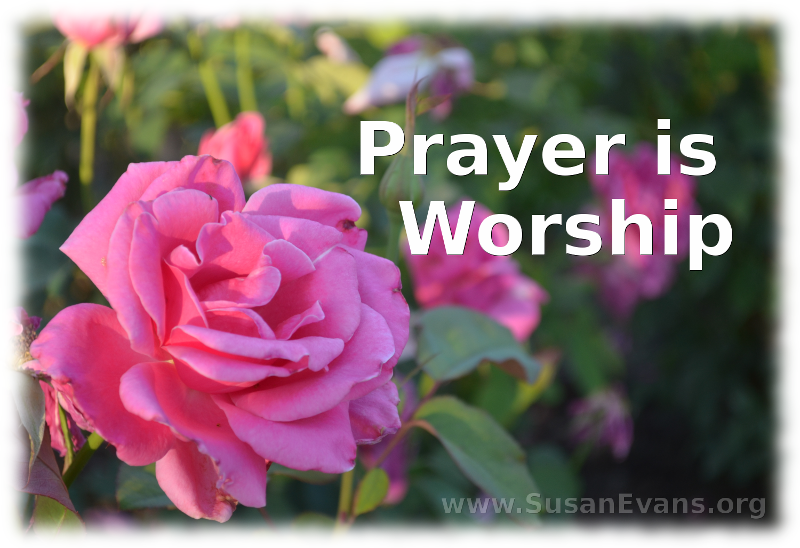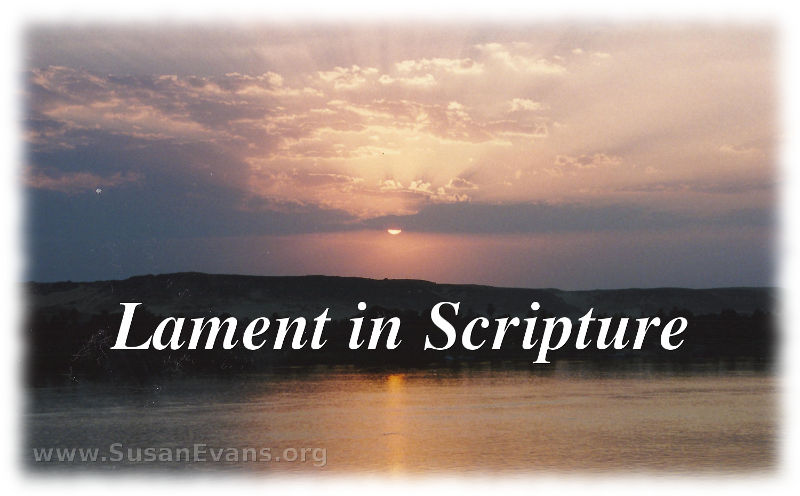Did you know that prayer is worship? It’s true. Many people call it adoration, and Jesus included it in His model prayer for His disciples: “Hallowed be Thy name.”
The Anatomy of a Prayer
Let’s break down the different categories of prayer:
- Confession
- Supplication
- Thanksgiving
- Worship
Each of these categories is important, so I will describe each one briefly, but we will be focusing on worship through prayer today. So few people take the time to properly worship God in their prayers.
Prayer Video #4
Confession
You should confess your sins to God, or agree with Him that you have sinned, and turn from those sins in repentance. It is crucial to confess your sins at the beginning of your prayer because otherwise God will not hear you (Psalm 66:18). If your prayer cannot be heard until your sin is confessed, you should always make sure you confess your sins first.
It’s your sin that’s causing your misery. Giving up your sin will unblock you from God and enable Him to live through you and give you love, joy, peace, and all the other evidences of the Spirit.
You should continuously make sure that you have no unconfessed sin. I cannot bear to have my connection with God broken. I usually feel it right away as an uneasiness in my spirit. When I discover that I have sinned, I immediately confess and repent. So when I spend time in prayer, I have no sin blocking me, and I can begin intersession right away.
Supplication
Supplication is laying down requests before the Lord. Another word for supplication is intersession. This is the bulk of your prayer life: lifting others up before the Lord with their requests. Laboring before God for people in the church, for your family members, and even for your enemies is what God requires of us (Colossians 4:12; Matthew 5:44).
Thanksgiving
We are commanded to give thanks in all things (1 Thessalonians 5:18; Philippians 4:6). When God answers our prayers, we should not forget to thank Him. We can also be grateful for all that God has done in our lives. We can thank Him for what He has given us and for who He is. I am thankful for God’s mercy, for example, that in our rebellion He shows kindness and forgives when we come to Him in repentance.
Worship
Adoration is lifting God up and telling Him how wonderful He is. You find worship especially in the Psalms, where God is praised for who He is and for all He has done and will do. I like to sing my worship to God because singing expresses adoration better than words. (You will hear me sing “O the Deep Deep Love of Jesus” in the video above, and I describe why that song means so much to me.)
I will sing to the LORD as long as I live; I will sing praise to my God while I have being.
– Psalm 104:33 ESVSpeaking to each other in psalms and hymns and spiritual songs, singing and making melody in your heart to the Lord… -Ephesians 5:19 ESV
To follow my prayer posts, like my Prayer page on Facebook, YouTube, and Google+.





